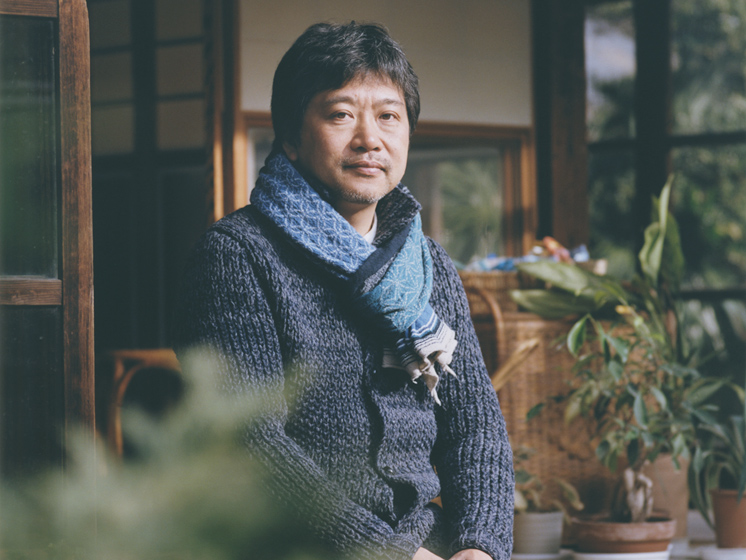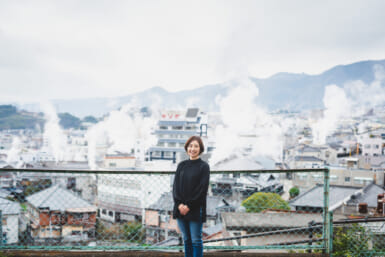Hirokazu Koreeda is one of the few local movie directors who’s pushing for original scripts that might appeal to a foreign market. He tells us more about why the industry here is stagnating, and what needs to be done to bring about change.
Predictable storylines, risk aversion, small budgets and an over reliance on popular idols to bring in the crowds: Japanese cinema has taken quite a bashing in recent years. One of the most outspoken critics has been Takeshi Kitano who in 2014 described the film industry in this country as “going to ruins.”
Statistics from the Motion Picture Producers Association of Japan would suggest he’s exaggerating. The annual number of locally produced films being screened here has more than doubled since 2000, and for the last decade or so Japanese movies have enjoyed a leading share of the domestic market.
While this all sounds positive, the problem is that producers and distribution companies have even less desire than before to export content globally. After all, why gamble on a young filmmaker with an original idea when you can invest in a live-action adaptation of a well-known manga story or novel? The former might have the potential to appeal to foreign audiences, but it’s the latter that will put bums on seats in Japan, and that’s ultimately what they care about.
Subsequently there are now hardly any Japanese directors making a significant impression outside these shores. One of the few exceptions is Cannes regular Hirokazu Koreeda. The Tokyo native, who’s been compared to cinema masters like Mikio Naruse, Yasujiro Ozu and Ken Loach, started out in the early 90s as a documentary filmmaker. His debut feature-length movie, Maborosi, won him a Golden Osella for Best Director at the 1995 Venice Film Festival, and since then he’s continued to enhance his reputation as an auteur on the international circuit despite not being a household name in Japan. Six of Koreeda’s movies have been presented at Festival de Cannes, including Like Father Like Son (Soshite Chichi ni Naru), which picked up the coveted jury prize in 2013. Now he’s trying to encourage young Japanese filmmakers to follow in his footsteps. The 54-year-old recently met with 20 young directors at an event sponsored by Lexus Short Films where he reviewed their one-minute films individually before sitting down for a Q&A session about his own career. Afterwards he spoke to Weekender about the current state of the movie industry here.
“When I go abroad, people are always asking me who’s the next (Akira) Kurosawa. Or when’s the next (Nagisa) Oshima coming along. Well it’s difficult to answer,” Koreeda tells us. “After 2000 you had a few Japanese directors like Shinji Aoyama, Naomi Kawase and myself, who seemed like popular discoveries for Western markets; however, we are all currently in our 40s and 50s so we’re waiting for the next generation to come along. Unfortunately, it’s harder than ever for young independent filmmakers to make an impression overseas.”
“To do well you need a proper sales agent, and right now Japanese sales agents have no guts whatsoever. It’s pointless even communicating with them. International companies like Wild Bunch, MK2 and Memento are the agencies with influence around the world that you need to work with. The hard part is making that first step and establishing proper contacts. I was fortunate to have people like (Taiwanese director) Hou Hsiao-hsien to turn to, so now I also want to try and give something back by speaking frankly to young directors and producers at workshops like this.”
“Right now, Japanese sales agents have no guts whatsoever.”
One piece of advice he always gives is to get out there and travel to film festivals all over the world, particularly ones in Vancouver, Rotterdam and Busan as they provide the best platforms for promising creators. He believes it’s important to present movies at these events personally as this “has a much bigger impact.”
That’s what Koreeda did with his first two feature-length films and it had the desired effect. Both Maborosi and After Life received wide acclaim and theatrical distribution around the globe. Yet despite his international accomplishments and recent domestic successes with movies such as Like Father Like Son and Our Little Sister, Koreeda admits it can still be difficult to persuade Japanese companies to invest in his work. “I’ve got a story I still haven’t given up on that takes place in Brazil,” he says. “I took it to Toho and they said it was too big for them. Honestly, if they can’t do it, who can?”
“The problem is that major film studios aren’t thinking about the international market. They’ve no strategy from a business perspective and don’t seem to care about promoting their movies. Have you seen their posters? For the past 100 years, these companies have been able to remain active and competitive just by appealing to Japanese audiences, but that’s not sustainable. They need to change their mentality. I’ve been banging on about this for ages.”
He’s not the only one. Many leading figures in the industry have expressed their concerns at the inward-looking approach that dominates the market here. Director Kazuaki Kiriya believes it’s a reflection of society as a whole. “In my opinion Japanese people have become more introverted and are less interested in looking outside,” he told Weekender last November. “You’re seeing it in business and with the declining number of students going abroad. It’s a worrying trend. The market’s shrinking because of the aging population so as a nation we need to be more outward looking in order to survive. I truly believe that for the movie industry as well.”
Kiriya was speaking after a screening of his first English-language film, Last Knights, starring Morgan Freeman and Clive Owen. An adaptation of the classic Japanese tale of the 47 Ronin, it was distributed in more than 30 destinations globally, yet got no response from any companies in Japan. Fellow director Kiyoshi Kurosawa also made his foreign-language movie debut recently with the French haunting love story Daguerreotype. The 61-year-old, who’s most well-known for his contributions to the J-horror renaissance of the late 90s, feels it probably wouldn’t have seen the light of day in Japan because “producers here aren’t really looking for original scripts these days and are only interested in doing anime movies or films based on manga stories and novels.”
2007 Cannes Grand Prix winner Naomi Kawase agrees, however she believes the main problem is a lack of support for people who finance movies here. “We simply don’t have enough producers in this country because there’s no system for them to fall back on to recoup their investment. They’re the ones taking all the risks and many feel it’s not worth the gamble. I’ve known three who’ve gone bankrupt. It’s a tough environment that makes it difficult for young filmmakers to emerge on the international stage,” she recently told us at the Nara International Film Festival.
While this may all sound rather bleak, Kawase and Koreeda are not ready to give up on the next generation just yet. Both have recently led open seminars with prospective directors and are hoping to do more in the future. “People think I should be stuck doing my own projects all the time, but workshops like these give me fresh impetus and excitement,” Koreeda says. “I’m also mentoring filmmakers like Miwa Nishikawa (Sway) and Mami Sunada (While the Women Are Sleeping), who both have great potential. I hope to discover others. We need more young Japanese filmmakers prepared to step out of their comfort zones and show the world their movies.”
Koreeda Films to Watch
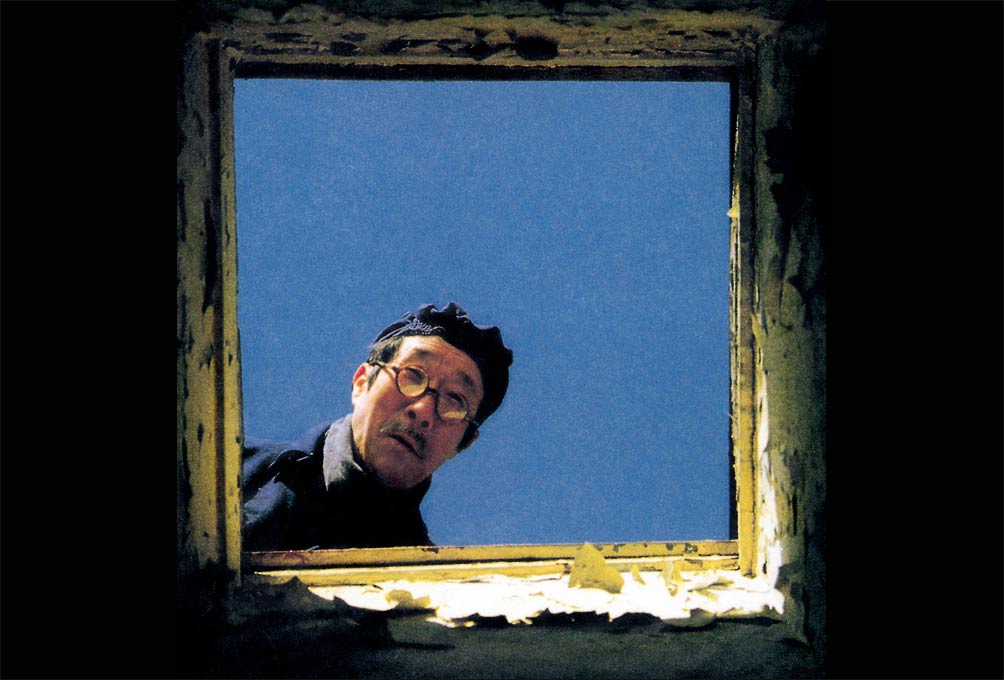
After Life
A movie that’ll make you stop and think about the one moment in your life you treasure above everything else. Recently deceased people staying at a waystation must choose a single memory they can save for eternity. A stunning piece of work that includes actors working from scripts and “real people” providing genuine recollections.
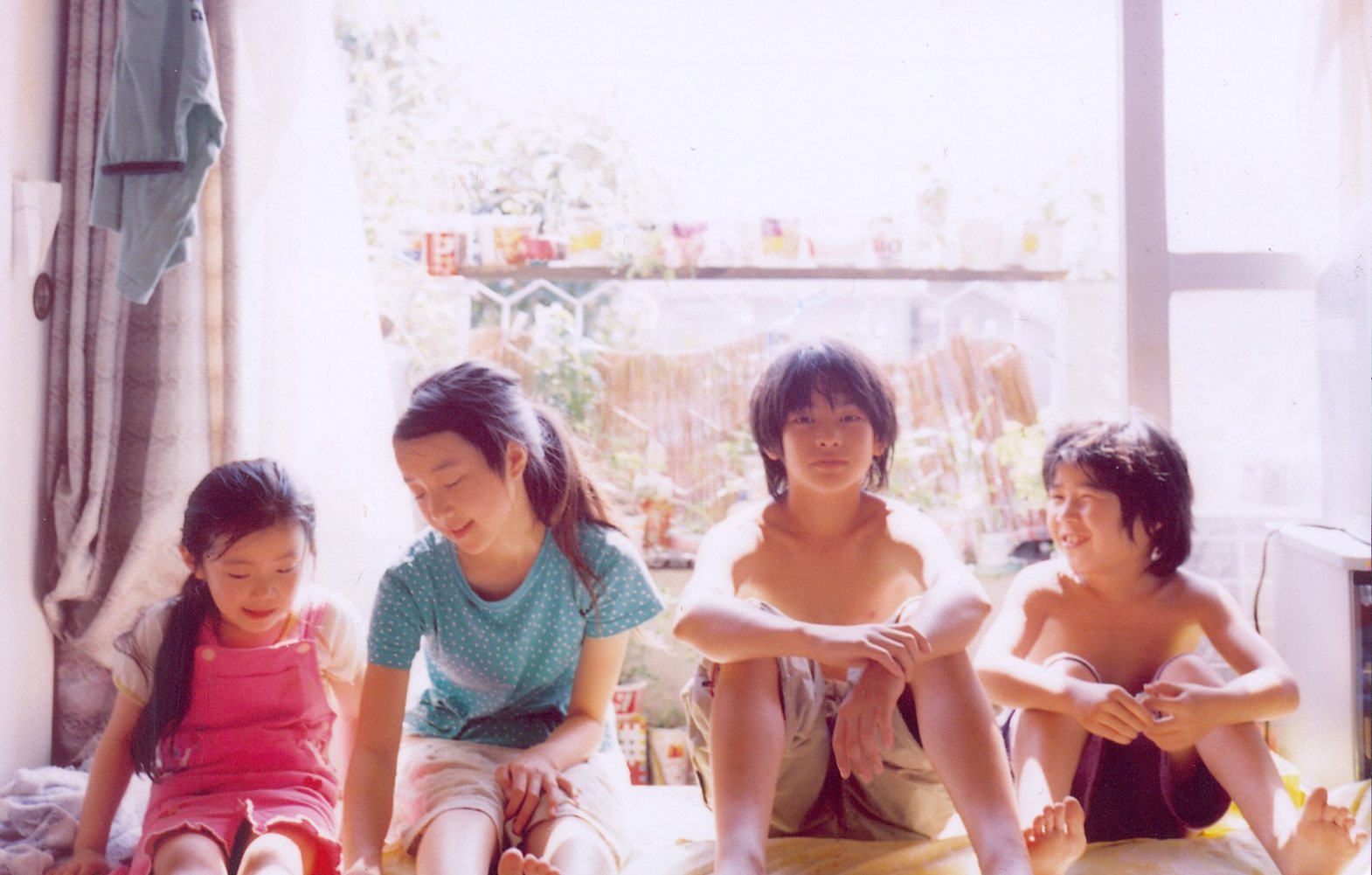
Nobody Knows
A heart-wrenching film inspired by a real event, Nobody Knows is a documentary-like work of fiction about four children with different fathers abandoned by their mother. Forced to survive on their own, their bond grows stronger. Yuya Yagira’s moving portrayal of eldest son Akira won him a Best Actor Award at the Cannes Film Festival.
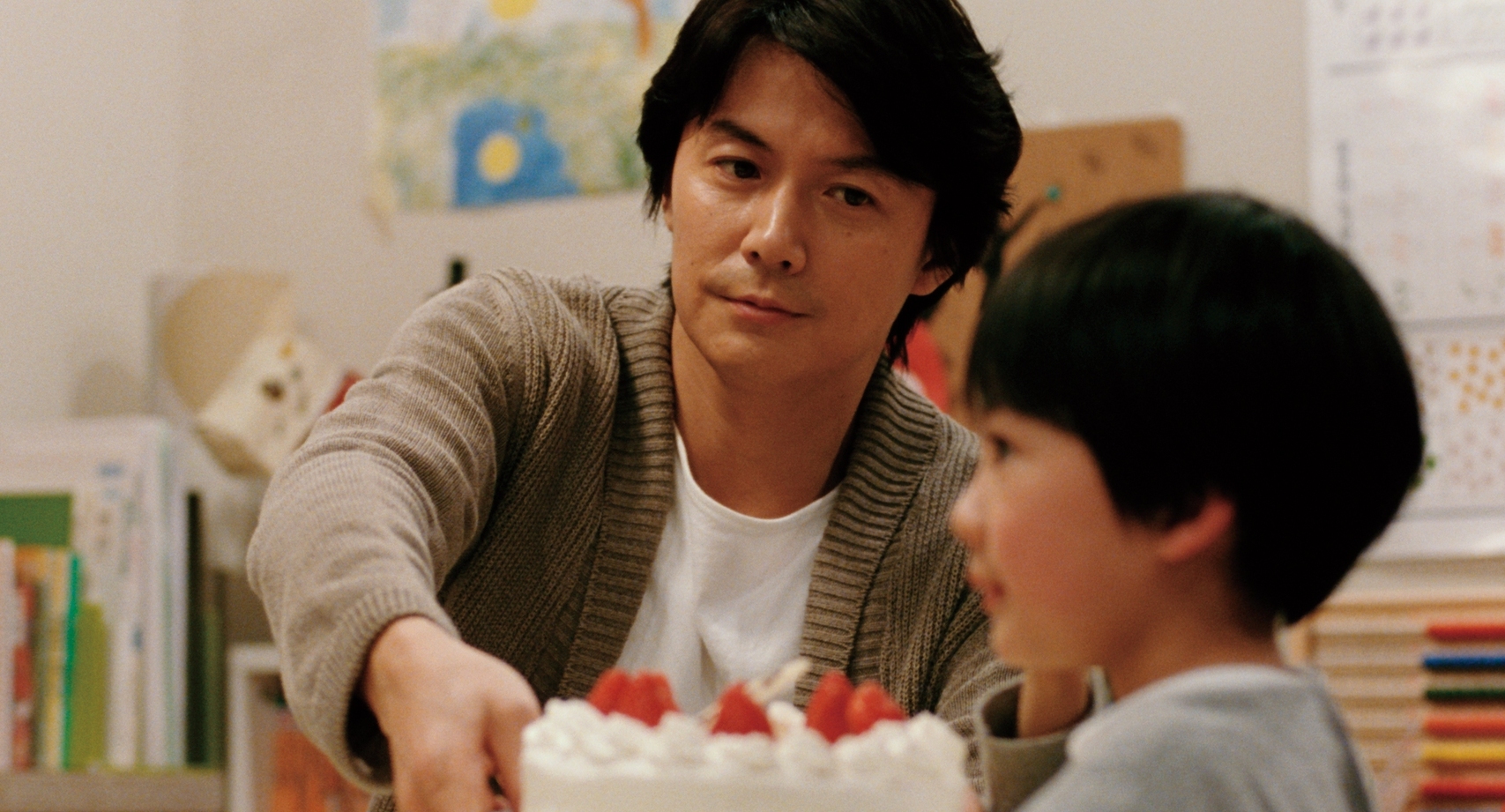
Like Father Like Son
A sensitive, thought-provoking story about a family forced to make a difficult decision when a blood test reveals that their son Keita and another boy were switched at birth. The moving tale caught the eye of Steven Spielberg at Cannes and his company DreamWorks picked up the remake rights.

